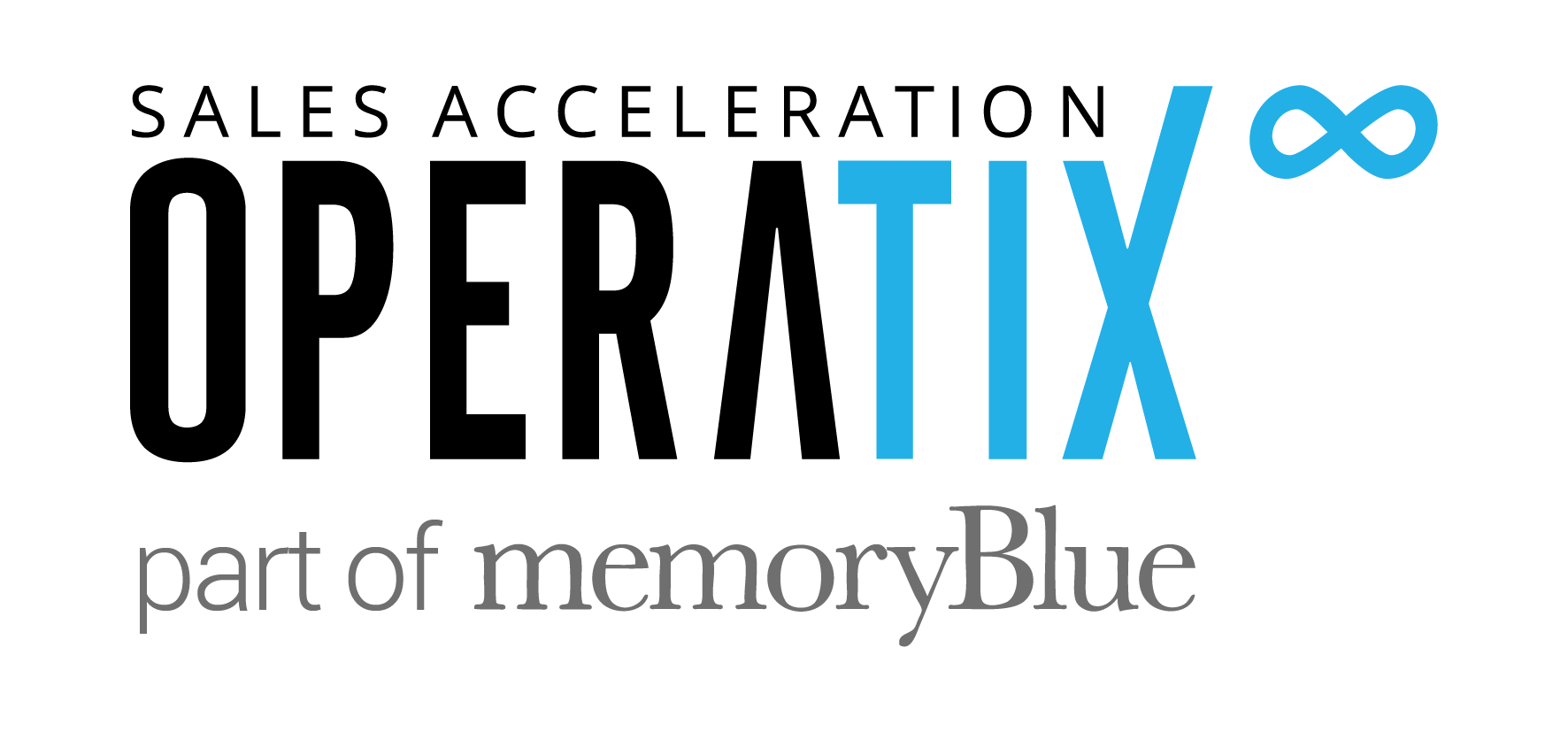You’re so frustrated that your channels aren’t producing.
Well, that’s 100% your fault.
Your job title shouldn’t be Partner Account Management — it should be Partner Development.
We sat down to talk with David Davies, author and Chief Sales Transformation Officer at Sandler Training, about his book Making Channel Sales Work.
There may be 1,001 direct sales books on our shelves, but there are only about 10 about channel sales (and only a couple are any good).
Dave drew on his deep knowledge of the channel world to write a textbook-style manual on the selection process and what a perfect partner looks like.
“Before going out and looking for that perfect partner, we ask you to take a look in the mirror and ask yourself if you’ve got the attributes of a great partner,” Dave said.


You don’t need hundreds of partners. You need 20 specialists.
Dave Davies – Author and Chief Sales Transformation Officer at Sandler Training
The Profile of a Channel Manager
In answering the question of whether you’re ready to go into a partnership, Dave described the qualities of a good channel manager.
“A lot of people in the channel tended to be failed direct sales people,” he said.
Fairly nice people, but not necessarily top performanceers in direct sales. Put into channel management by the organization on the assumption that channel is just conversation between two nice people.
“To be truly effective at channel management, you’re really wearing four hats at any given time and so you need phenomenal expertise as a direct sales person,” Dave said.
The biggest criticism most vendors have of their channel is they won’t let us talk to the end user.
Well, yeah. Of course they won’t let you talk to the end users if they don’t trust you and believe you are a successful, professional salesperson.
A channel partner also needs great management skills. “They need to understand that they are in management, but they have no power over the individuals they’re managing,” he said.
Channel managers can’t hire or fire or control rewards, recognition, or accountability. “You have to learn to manage without power. The currency of that is influence,” he said. “How do you influence other people to trust that you’re doing a great job on their behalf?”


If your partnership channel is not working, look in the mirror and ask yourself a question: whose fault is it? And the answer should always be 100% yours.
Dave Davies – Author and Chief Sales Transformation Officer at Sandler Training
3 Challenges to Building a Channel
1. You’re Not Ready
“One of the single biggest values you bring to the partnership is your ability to train them as if they were one of your own — because they are one of your own.”
Makes no sense to bring them into a partnership and treat them like a competitor.
You need to have a strong onboarding system, which is something missing even in the bigger tech companies.
“You’ve got 90 days to get a new partner to the bank before their interest wanes,” Dave said.
2. You Don’t Have the Right Channel Managers
They don’t bring in the right people to manage the channel.
Nice just isn’t good enough. “They’re more like furniture than they are causing any kind of disruption,” Dave said.
Find someone who can motivate others.
3. You Have the Wrong Approach
You call once a month with a list of demands: What have you sold on our behalf this month?
Wrong, wrong, wrong.
“You’re not investing time in that partnership weekly, daily, to find ways to augment and improve them,” Dave said. “This is really horrendous.”
If you change the term “partner account management” to “partner development,” that change in syntax changes the mindset of the individual.
“They realize their job is to develop their partners, not to ring up and ask for demands from the business,” Dave said.


You have to learn to manage without power. The currency of that is influence.
Dave Davies – Author and Chief Sales Transformation Officer at Sandler Training
The Best Tactical Strategy to Revenue in 90 Days
“Teach them to feed themselves,” Dave said.
Giving your partners leads isn’t the reason you built the partnership in the first place. It doesn’t help them in the long run. “The reason you’ve gone into partnership is because they’re already working with the type of people you want at work,” Dave said.
Training their account development teams is better than feeding them leads.
“Invest time in teaching them how to prospect effectively and what the ideal client profile looks like,” Dave said. “Help them to build some obsession lists. Who are the people we were committed to going and doing business with? What’s our approach?”
Here’s a hard truth. Some people decide to build a channel because they can’t work out how to sell it themselves.
Then they rely on partners who aren’t enabled because they haven’t enabled their partners.
“If your partnership channel’s not working, have a look in the mirror and ask yourself a question: whose fault is it?” Dave said. “And the answer should always be 100% yours.”
The Special Forces Unit Approach to Partnership
Partnerships shouldn’t be a land army. More isn’t always better. In fact, it usually isn’t.
Instead, think of your partners as a special forces unit.
“Special forces units tend to be a collection of very specially designated individuals, each with their own specialist skill base, trained to very, very high standard, and handpicked from a collection of people,’ Dave said.
Types of Partners
- Prospects. It’s a list of 25 partners you’re ready to obsess over.
- Performers. These are the top 20% of performing partners, the ones you’re going to develop more.
- Keepers. They sell once or twice a year and don’t take a lot of time.
- Resurrects. Partners that were successful that you want back.
- Sack. Let the bottom 20% go. Tell them it’s your fault, because that’s true.
The performers are the ones who are your specialists. “You don’t need hundreds of partners. You need 20 specialists,” Dave said.
Two in each category (banking, manufacturing, public sector, etc.). “These are the very small, very tight part of the network that I can invest, almost obsess over my investments in growing their business,” Dave said.
Special forces units also don’t trample through a territory. They’re sensitive to the industry, the region, and the culture.
“If you’re going to go and build a partner network in Europe, I’d start with one ideal partner. Really invest your time in them and give them exclusivity,” Dave said.
If you come in with a land army and stomp all over that ground, you’re going to get resistance.
But if you put a special forces group together, they work as a team and they work off each other.
Get in touch with Dave on his LinkedIn or with Sandler Training at the company website.
This post is based on an interview with David Davies of Sandler Training.
To hear this episode, and many more like it, you can subscribe to The B2B Revenue Acceleration Podcast.
If you don’t use Apple Podcasts, you can listen to every episode here.






